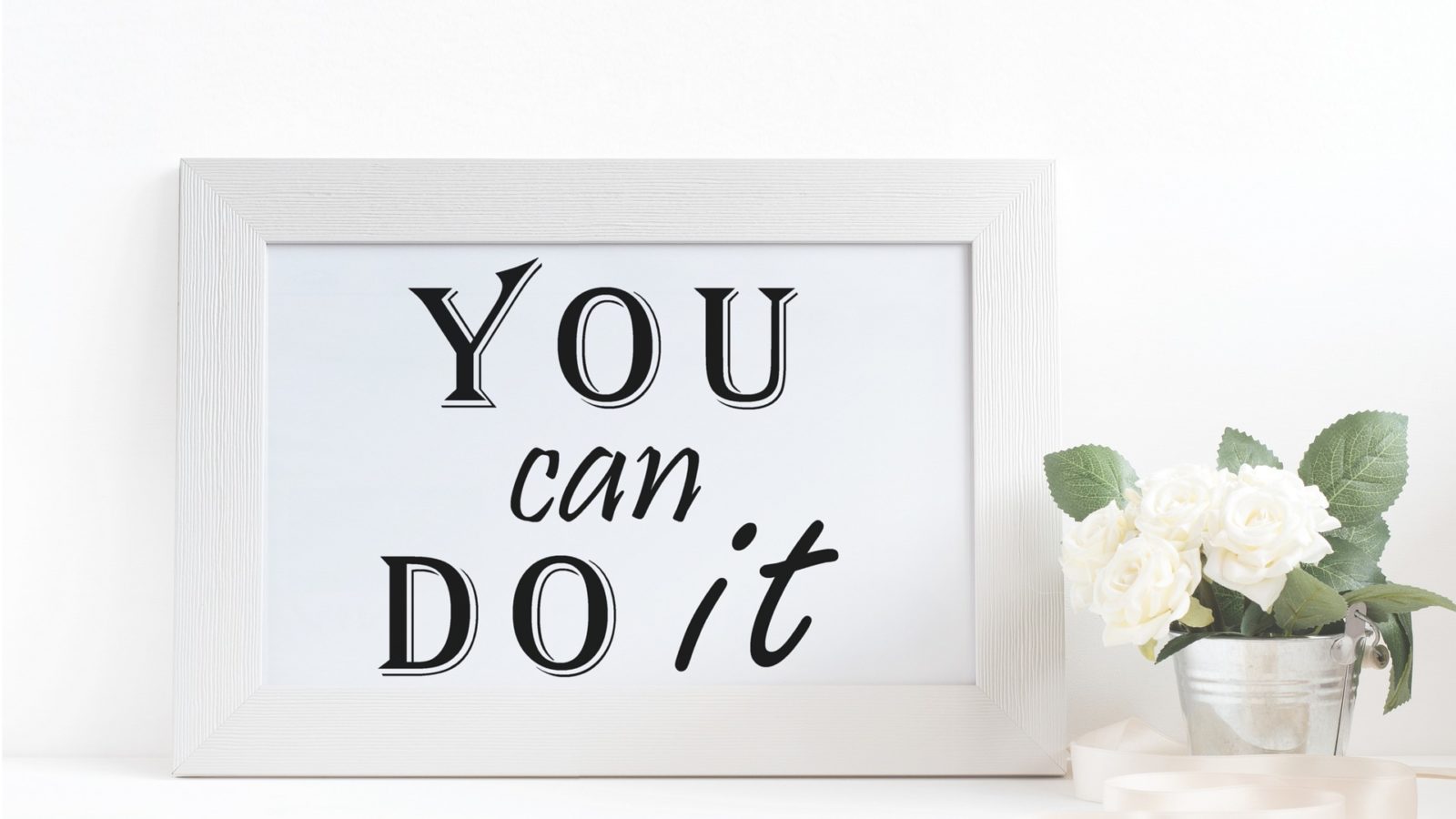When I think of resiliency in modern-day terms, I think of my friend Ariana Huffington, a sixteen-year-old from Greece who entered Girton College at Cambridge University. She decided to join a debate team, the highly recognized Cambridge Union Society.
As you can imagine, each year brought challenges for a young woman with a foreign accent, participating on an English debate team. Yet, she never gave up, and by the fourth year, Arianna became the first woman captain of the Cambridge Union Society. This is a perfect example of resiliency.
As you can see, resilient people have particular characteristics in common. They have a “can do” spirit. Believing, on a profound level, that whatever comes up, they can handle it. Thus, they have a strong sense of feeling capable and optimistic.
Resilient people have a good sense of themselves and can set priorities. They do not use up energy to try and please others and thus are interiorly inoculated against peer pressure.
Resilient people are independent thinkers who use their energy on things they can control rather than wasting time and energy on things that are out of their sphere of influence. Resilient people move forward in their lives and do not get paralyzed by either pain or suffering. A woman in France lived to be one-hundred and twenty-two and a half years old. She outlived almost everyone close to her. Thus, pain and suffering visited her door but did not close it.
And finally, like compassion and empathy, resiliency can be taught. By teaching yourself and your children how to be resilient, your life and theirs can be lived with courage, passion, and joy.
How to Teach Resiliency
- Self-manage negative self-talk through dialogue and confrontation. This requires a reality check on the interior conversation coming to you from a less secure place. These messages are no longer appropriate or reflect who you are today.
- Listen to your positive inner voice, your true vocation. You can access your unconscious through meditation, journaling, private time for contemplation, and dream work. And, if you lack a positive inner voice, practice and rehearse what it feels like to have constructive feedback…then you will create a new habit of resiliency.
- Restoration and sleep. My mother’s message to me was always “restoration.” Take time to allow your body to restore itself and heal. This is a wonderful way to reduce stress and revive a sense of balance and well-being. Even children get cranky when they are sleepy. And when you are sleep deprived, you can view the world through a much more emotional lens.
- Don’t take missteps personally; instead, see mistakes as teaching opportunities…. from which to learn and grow.
- Self-choice. Meditation and breathing exercises give you the time to step back and be objective so that you can make rational choices rather than be compelled by reactive behavior. And be flexible so that you are not locked into untenable situations, always allowing yourself the option to change your mind and see things from a new perspective.
- Stay on target; know yourself so that you can establish realistic goals. This allows you to think creatively, opening up and unlocking new and collateral avenues of opportunity.
- Competence creates confidence, and good self-esteem is based on experience. Starting in small ways, by eating a banquet feast one bite at a time, allows you to connect and build an inner core for yourself and your children. In that way, you can approach problems with a sense of empowerment.
- Finally, be authentic. My favorite line in a movie came from “Out of Africa,” when Robert Redford tells Meryl Streep that when he comes to the end of his life, he has to know that he came to the end of his life and not somebody else’s idea of how he should live it. Only in this way can you establish a real relationship with friends, partners, family, children, and so forth. People have to know you, to like you and love you – be true to yourself, and as the saying goes:
“This above all: to thine own self be true,
And it must follow, as the night the day,
Thou canst not then be false to any man.”
– William Shakespeare


